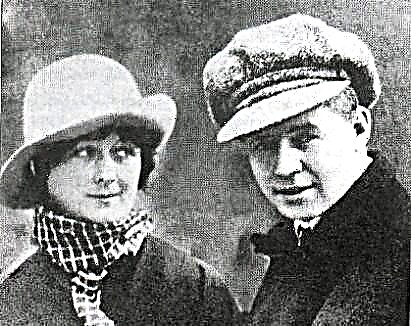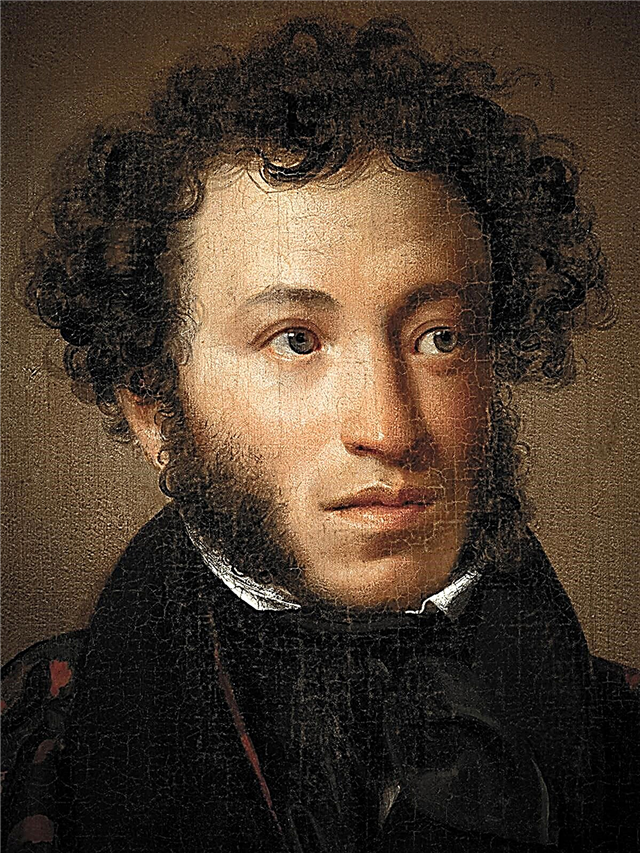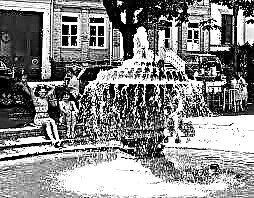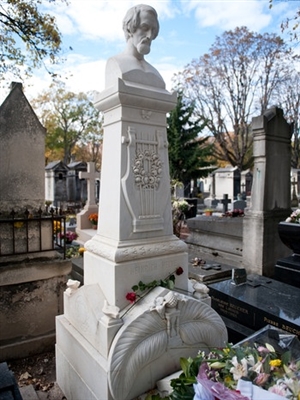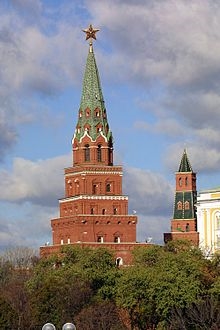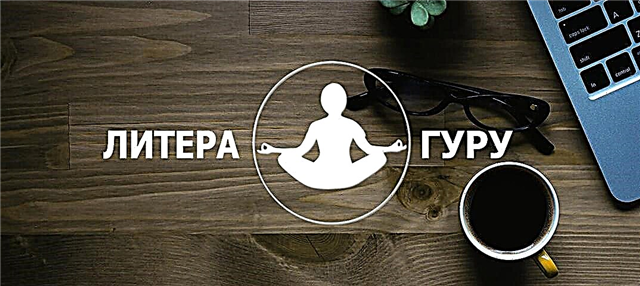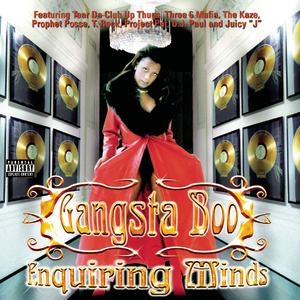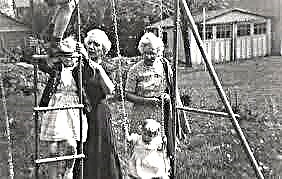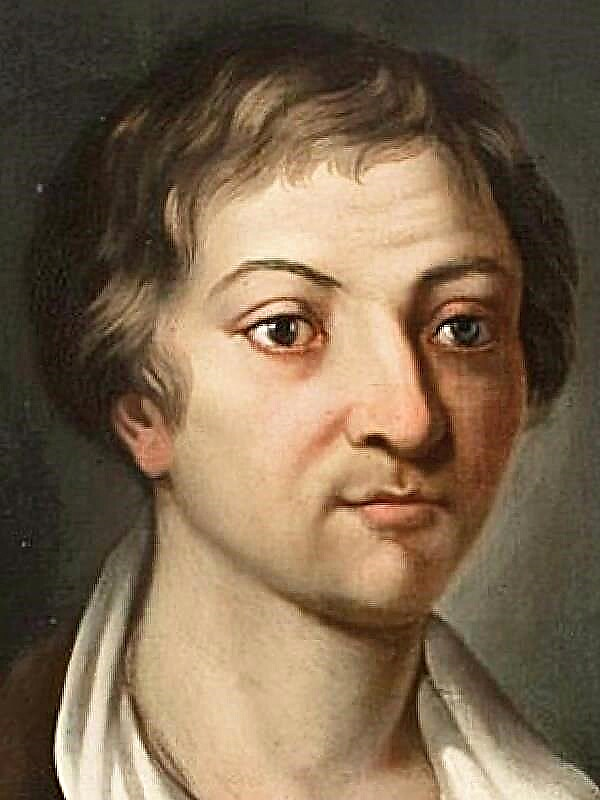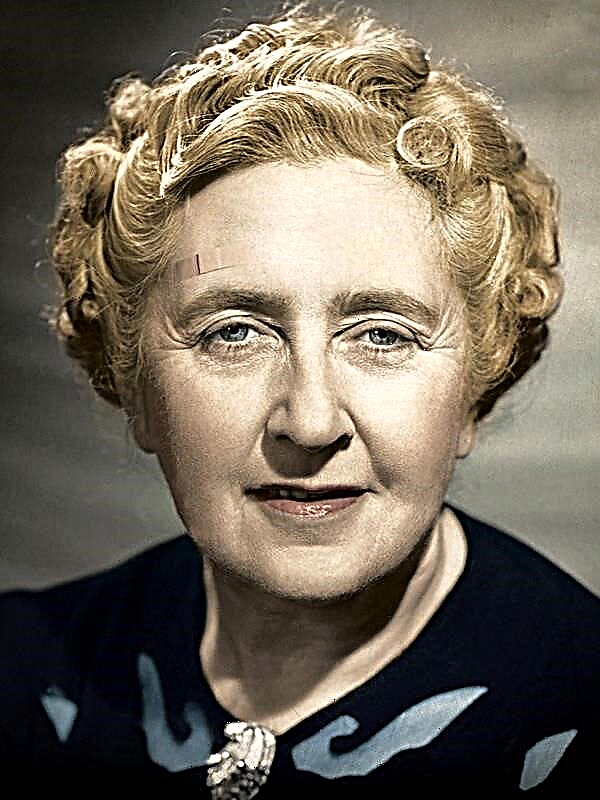Dead Souls is a complex work with multi-level text where even experienced readers can get lost. Therefore, a brief retelling of Gogol’s poem by chapters, as well as its analysis, which will help students to penetrate into the large-scale plans of the author.
To the reader from the writer
The author asks the reader to criticize the work narrating about the journey of a Russian man through his native land and his meetings with people of different classes.
He asks to send comments on the whole text or image of this or that estate personally, for which he will be grateful.
Chapter first
The chaise of Pavel Ivanovich Chichikov (here is his characteristic) - a college adviser - accompanied by the servants of Selifan and Petrushka, he calls in the city of NN. Chichikov's description is quite typical: he is not handsome, but not of a bad appearance, not thin, but not fat, not young, but not old either.
Chichikov, showing masterful hypocrisy and the ability to find an approach to everyone, gets acquainted with all the important officials and makes a good impression on them. He meets the landlords Manilov and Sobakevich at the governor, and Nozdrev at the police master. He undertakes to pay a visit to everyone.
Chapter two
The author writes about Chichikov's servants: Petrushka and the drinking coachman Selifan. Pavel Ivanovich goes to Manilov (here is his characteristic), to the village of Manilovka. Everything was too sweet in the manners and portrait of the landowner, he only thinks about abstract things, he can’t finish reading one book and wants to build a stone bridge, but only in words.
Manilov lives here with his wife and two children, whose names are Alkid and Themistoklus. Chichikov says that he wants to acquire from him “dead souls” —dead peasants who are still on the audit lists. He refers to the desire to save a newfound friend from paying taxes. After a short fright, the landowner gladly agrees to give them to the guest for free. Pavel Ivanovich hastily leaves him and goes to Sobakevich, pleased with the successful start of his enterprise.
Chapter three
On the way to the house of Sobakevich, due to the carelessness of the coachman Selifan, the chaise drives far from the right road and has an accident. Chichikov is forced to ask for overnight at the landowner Nastasya Petrovna Korobochka (here is her characteristic).
The old woman is too thrifty, impossibly stupid, but very successful. Her estate reigns in order, she conducts business with many merchants. The widow keeps all the old things and suspiciously receives the guest. In the morning, Chichikov tried to talk about “dead souls,” but Nastasya Petrovna for a long time could not understand how to trade the dead. Finally, after a little scandal, an annoyed official makes a deal and sets off on a repaired wreck.
Chapter four
Chichikov enters the tavern, where he meets the landowner Nozdrev (here is his characteristic) He is an avid player, a fan of inventing fables, a cuticle and a chatterbox.
Nozdrev calls Chichikov to his estate. Pavel Ivanovich asks him about the "dead souls", but the landowner inquires about the purpose of such an unusual purchase. He offers the hero to buy other expensive goods with souls, but it all ends in a quarrel.
The next morning, the gambling Nozdrev offers the guest to play checkers: the prize is “dead souls”. Chichikov notices the landowner's fraud, after which he escapes from the danger of a fight, thanks to the incoming captain, a police officer.
Chapter five
Brichka Chichikova runs into the carriage, which causes a slight delay. A nice girl, noted by Pavel Ivanovich, later turns out to be a governor's daughter. The hero drives up to the huge village of Sobakevich (here is his description), everything in his house is of impressive size, like the owner himself, whom the author compares with a clumsy bear. Particularly characteristic is the detail: a massive, roughly knocked together table that reflects the host's disposition.
The landowner speaks rudely of everyone about whom Chichikov speaks, recalling Plyushkina, whose serfs die endlessly because of the stinginess of the owner. Sobakevich calmly sets a high price for the dead peasants, he himself begins to talk about the sale. After a long bid, Chichikov manages to buy a few souls. The chaise goes to the landowner Plyushkin.
Chapter six
The village of Plyushkina has a wretched appearance: windows are without glass, gardens are abandoned, houses are overgrown with mold. Chichikov takes the owner for the old housekeeper. Plyushkin (here it is characteristic), looking like a beggar, takes the guest to a dusty house.
This is the only landowner whose author the past tells. The wife and youngest daughter of the master died, the rest of the children left him. The house was empty, and Plyushkin gradually fell to such a miserable state. He is glad to get rid of the dead peasants so as not to pay taxes for them, and he happily sells them to Chichikov at a low price. Pavel Ivanovich leaves back to NN.
Chapter seven
Chichikov along the way examines the collected records and notices the diversity of the names of the dead peasants. He meets Manilov and Sobakevich.
The chairman of the chamber quickly draws up documents. Chichikov reports that he bought serfs for withdrawal to the Kherson province. Officials celebrate the success of Pavel Ivanovich.
Chapter eight
Chichikov's huge acquisitions are becoming known throughout the city. Various rumors are circulating. Pavel Ivanovich finds an anonymous letter of love content.
At the governor’s ball, he meets a girl whom he saw on the way to Sobakevich. He is fond of the governor's daughter, forgetting about the other ladies.
The sudden appearance of a drunk Nozdrev almost breaks Chichikov’s plan: the landowner begins to tell everyone how the traveler bought dead peasants from him. He is taken out of the hall, after which Chichikov leaves the ball. At the same time, Korobochka was going to find out from acquaintances whether her guest had set the right price for “dead souls”.
Chapter nine
Friend Anna Grigoryevna and Sofya Ivanovna gossip about the visiting official: they think that Chichikov gets “dead souls” to please the governor’s daughter or kidnap her, in which Nozdrev can become his accomplice.
The landlords are afraid of punishment for a scam, so they leave the deal a secret. Chichikov is not invited to dinner. In the city, everyone is busy with news that somewhere in the province there is a counterfeiter and a robber. Suspicion immediately falls on the buyer of dead souls.
Chapter ten
The police master is debating who Pavel Ivanovich is. Some think he is Napoleon. The postmaster is sure that this is none other than Captain Kopeikin and tells his story.
When Captain Kopeikin fought in 1812, he lost his leg and arm. He came to Petersburg to ask the governor for help, but the meeting was postponed several times. The soldier soon ran out of money. As a result, he was advised to return home and wait for the sovereign's help. Soon after his departure, robbers appeared in the Ryazan forests, the chieftain of which, by all indications, was captain Kopeikin.
But Chichikov has all his arms and legs, so everyone understands that this version is wrong. Because of the excitement, the prosecutor dies, Chichikov has a cold the third day and does not leave the house. When he recovers, he is denied access to the governor, others are treated the same way. Nozdrev tells him about the rumors, praises him for the idea of kidnapping the governor’s daughter and offers his help. The hero understands that he urgently needs to run away from the city.
Chapter eleven
In the morning, after slight delays in preparations, Chichikov sets off on his journey. He sees the prosecutor buried. Pavel Ivanovich leaves the city.
The author talks about Chichikov’s past. He was born into a noble family. His father often reminded his son that everyone should be pleased and cherished every penny. At the school, Pavlush already knew how to earn money, for example, by selling pies and showing the performance of a trained mouse for a fee.
Then he began to serve in the state chamber. Pavel Ivanovich made his way to a high position, announcing to the old official that he was going to marry his daughter. In all posts, Chichikov enjoyed official position, because of which he once came to trial for a smuggling case.
Once, Pavel Ivanovich got the idea to buy “dead souls” in order to ask for the placement of the Kherson province. Then he could get a lot of money on the security of nonexistent people and make a big fortune.
At the end of the first volume, the author discusses Russia, running like three horses, where the eyes look. Here analysis of this episode. He burned the second volume, only fragments remained.



